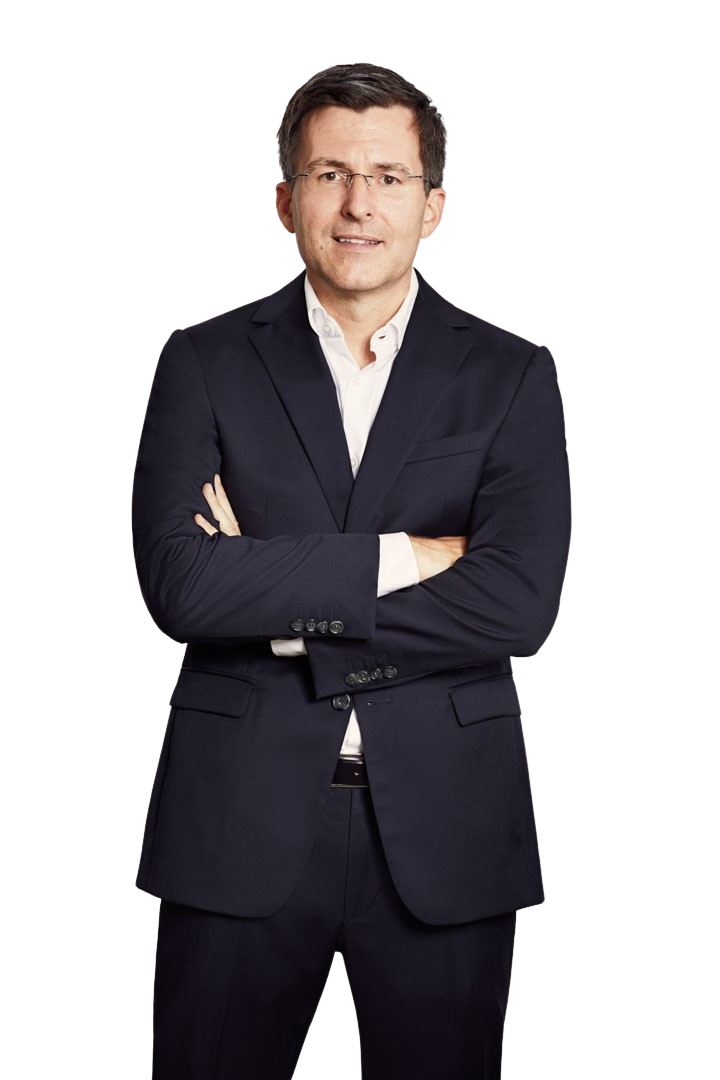Andreas Rauh joined Berylls Equity Partners as co-founder and managing director in January 2020. Berylls Equity Partners, as the investment company of the Berylls Group, invests in companies in the mobility industry that are in special situations.
Andreas is an expert in private equity, mergers & acquisitions and corporate management.
After ten years in transaction advisory with a focus on medium-sized companies, Andreas moved to the investment sector in 2014. There, he has since accompanied a double-digit number of company acquisitions and sales in a leading role.
Andreas is a business graduate with a diploma from the University of Trier and holds a Master of Science in Business degree from Handelshøyskolen BI.
